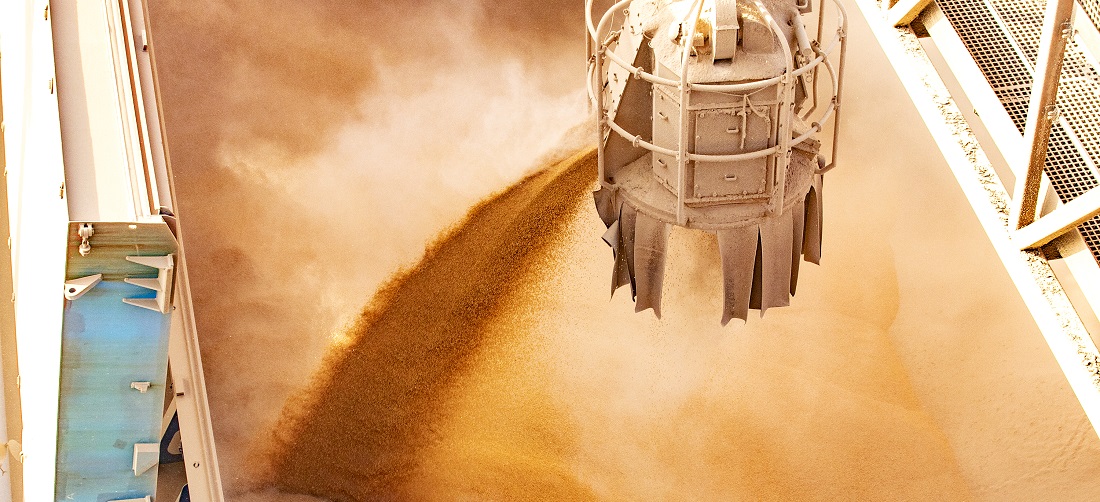
With corn ethanol on the rise, Brazil doubles DDG exports
Feb, 08, 2024 Posted by Gabriel MalheirosWeek 202406
In 2023, Brazil doubled its exports of Distillers Dried Grains (DDG), corn by-products used in animal feed, according to corn ethanol union Unem. With recently gained access to new markets this year, exports are projected to grow by 30%.
Brazilian shipments of DDG/DDGS totaled 608.9 thousand tonnes in 2023, generating revenue of $180.52 million. A year prior, the country exported 278.6 thousand tonnes, yielding $91.15 million.
These by-products emerge naturally during ethanol production. Each ton of processed corn can produce 430 liters of biofuel and 363 kilograms of DDG. As corn ethanol production has increased in the country, DDG supply is also on the rise.
“Exports are being adapted to ensure Brazilian products have a market, especially with the prospect of increased DDG/DDGS production in Brazil,” says Unem president Guilherme Nolasco. To identify potential buyers, advertise the product, and encourage shipments, the entity relies on support from a project developed in partnership with the Brazilian Trade and Investment Promotion Agency (ApexBrasil).
Currently, the only company in the country exporting DDG is Inpasa, explains the company’s export manager, Rodrigo Bicarato. He comments that the product is well-received among international buyers. “Still,” he says, “it’s a tricky sale because we have to convince feed formulators to include DDG in their mixes.”
Unem estimates that DDG/DDGS production could reach 3 million tonnes this harvest. The volume is relatively small compared to Brazil’s animal feed output, which exceeds 80 million tonnes. According to Bicarato, this indicates that there is a market for reassigning the place of the input in the feed industry, especially as a substitute for corn. However, he believes that exports have become more appealing due to storage bottlenecks among domestic buyers.
“In the domestic market, buyers don’t always have enough storage room. When we export, it goes from the plant to the port warehouse,” he says.
Finding space for DDG in ports, already congested with grains, poses a challenge. “Securing space for a single shipment is challenging, requiring turnover, volume, and year-long contracts with the port,” explains the manager. Inpasa found a solution by striking an agreement with the port of Imbituba (SC).
Source: Globo Rural
Click here to read the original news article: https://globorural.globo.com/agricultura/noticia/2024/02/com-producao-de-etanol-de-milho-em-alta-brasil-dobra-exportacoes-de-ddg.ghtml
-
Blog News (ENG)
Dec, 15, 2022
0
Brazil melon exports retreat in November, contrary to expectations
-
Meat
Mar, 14, 2023
0
Food shipments from Chile to Brazil increase 21.9% in 2022
-
Coffee
Feb, 21, 2019
0
Três Corações plans to expand in South America
-
Shipping
Mar, 04, 2024
0
Santos Brasil to offer weekly long-haul service at Tecon Imbituba



